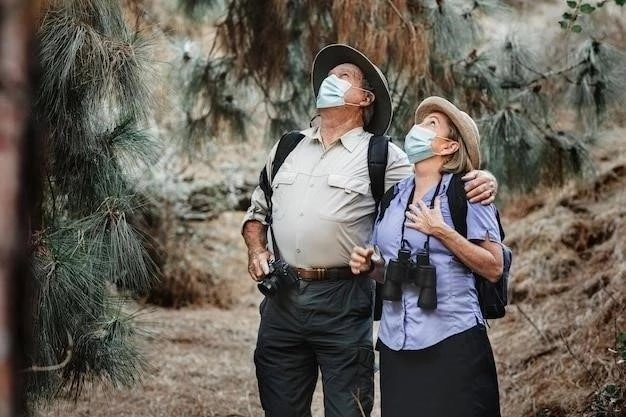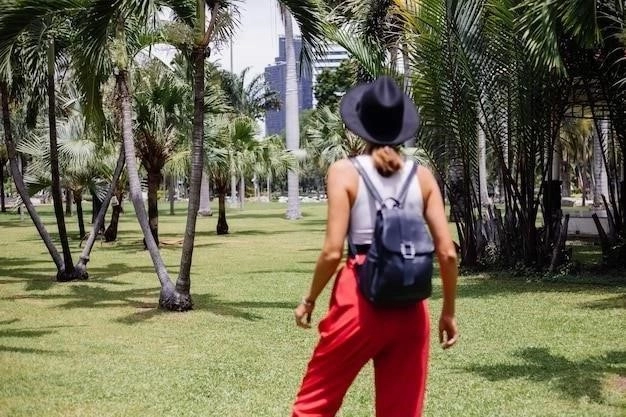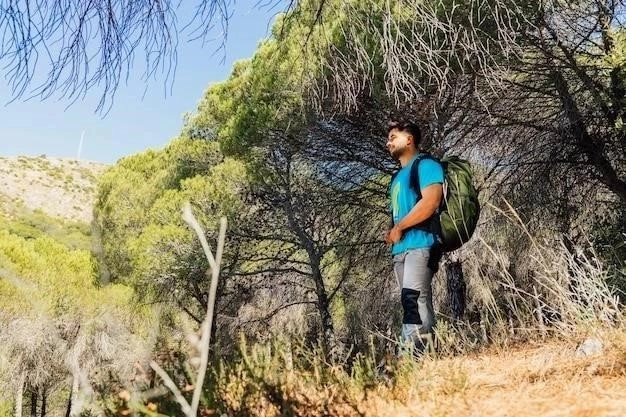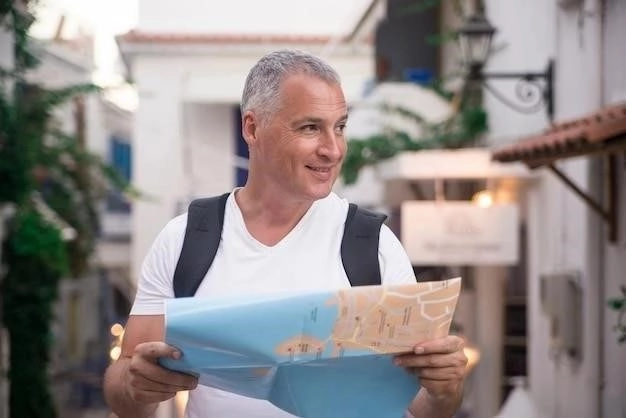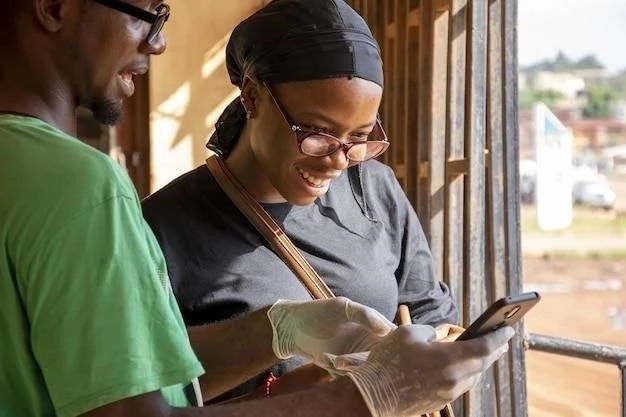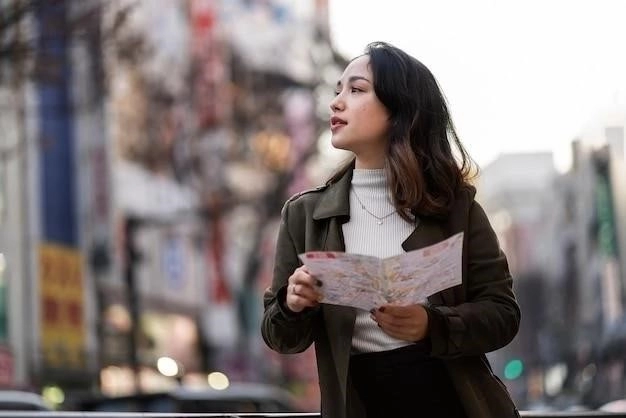Democratic Republic of the Congo Travel Guide 2024
The Democratic Republic of the Congo, often referred to simply as Congo, presents a world of captivating contrasts. Prepare to be amazed by its rich biodiversity, from the lush rainforests to the mighty Congo River, and delve into the vibrant culture and history waiting to be discovered.
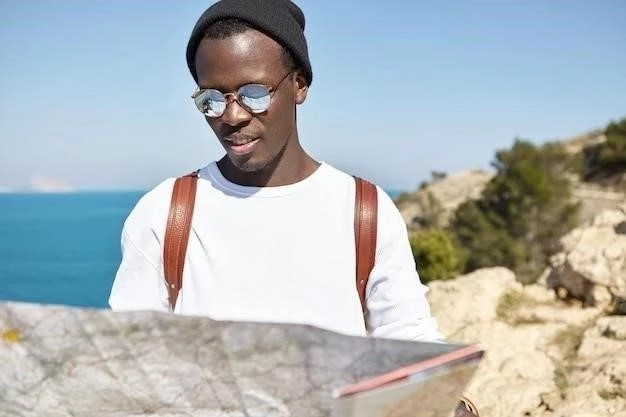
Before You Go
Embarking on a journey to the Democratic Republic of the Congo requires meticulous planning and preparation. Here are key factors to consider before your departure:
- Visa Requirements: Citizens of most countries will require a visa to enter the DRC. It is essential to check the specific visa requirements well in advance and apply through the nearest Congolese embassy or consulate.
- Health and Vaccinations: Consult your healthcare provider regarding recommended vaccinations and necessary health precautions. Yellow fever vaccination is mandatory, and it is advisable to take anti-malarial medication. Ensure you have comprehensive travel and medical insurance that covers medical evacuation.
- Safety and Security: The DRC has experienced political instability and security concerns in certain regions. Thoroughly research the safety situation in your intended travel areas and register with your embassy upon arrival. Exercise caution, particularly in urban areas, and avoid traveling at night.
- Currency Exchange: The official currency of the DRC is the Congolese franc. However, US dollars are widely accepted, particularly for larger transactions. It is recommended to exchange currency at banks or authorized exchange bureaus for the best rates.
- Language: French is the official language of the DRC, but several local languages are spoken throughout the country. While English is not widely spoken, you may find English speakers in larger cities and tourist areas.
Visa Requirements
Securing the appropriate visa is an indispensable step for most travelers planning to visit the Democratic Republic of the Congo. Below are the general visa guidelines, but it is imperative to verify the most up-to-date information with the Congolese embassy or consulate in your home country:
- Tourist Visa: Typically required for leisure travelers, tourist visas are usually issued for a shorter duration, often up to 30 days. Applicants will generally need to provide a valid passport, visa application form, proof of accommodation and travel itinerary, as well as evidence of sufficient funds.
- Business Visa: For those traveling for professional purposes, a business visa is necessary. In addition to the standard tourist visa documents, applicants may be required to present a letter of invitation from a Congolese company, proof of business activities, or other supporting documents.
- Visa on Arrival: While the DRC previously offered visas on arrival for certain nationalities, these policies can change frequently. It is strongly advised to obtain your visa in advance to avoid any complications upon arrival.
- Processing Time: Visa processing times can vary depending on your nationality and the embassy’s workload. It is recommended to apply well in advance, ideally at least four to six weeks before your intended travel date.
It is crucial to remember that visa regulations can change. Therefore, contacting the nearest Congolese embassy or consulate to confirm the most current requirements and procedures for your specific nationality is essential.
Health and Vaccinations
Prioritizing your health and well-being is paramount when traveling to the Democratic Republic of the Congo. The country’s tropical climate and limited healthcare infrastructure necessitate taking proactive measures to safeguard your health.
- Consult a Travel Health Specialist: Schedule an appointment with a travel health professional at least four to six weeks before your trip. They can provide personalized recommendations based on your itinerary, assess your vaccination history, and advise on necessary precautions.
- Required Vaccinations: A yellow fever vaccination certificate is mandatory for entry into the DRC. Ensure you receive the vaccination at least ten days before departure and carry your International Certificate of Vaccination or Prophylaxis (ICVP) throughout your trip.
- Recommended Vaccinations: In addition to routine vaccinations, it is advisable to consider vaccinations for hepatitis A and B, typhoid, rabies, meningitis, and polio. Discuss these options with your healthcare provider.
- Malaria Prevention: Malaria is endemic in the DRC. Consult your doctor about appropriate anti-malarial medication and take necessary precautions, such as using insect repellent, wearing long sleeves and pants, and sleeping under mosquito nets.
- Food and Water Safety: Consume only bottled or boiled water and avoid ice cubes in drinks. Opt for well-cooked food from reputable sources and be cautious with raw fruits and vegetables.
Remember, maintaining good hygiene practices, such as frequent handwashing, is crucial in preventing illness. Packing a well-stocked first-aid kit with essential medications is also recommended.
Best Time to Visit
The Democratic Republic of the Congo, with its vast expanse and diverse geography, experiences varied climatic conditions throughout the year. Choosing the optimal time to visit depends largely on your preferred activities and the regions you plan to explore.
- Dry Season (June-September & December-January): Generally considered the best time to visit most of the country, the dry season offers pleasant weather with lower humidity. This period is ideal for wildlife viewing, trekking, and exploring national parks. However, evenings and mornings can be chilly in higher altitude areas.
- Wet Season (October-May): The wet season brings lush greenery and abundant waterfalls, creating a dramatically beautiful landscape. However, heavy rainfall and humidity can make travel challenging, particularly in remote areas. This season may be suitable for those seeking a unique perspective or lower prices on accommodations and tours.
For specific regions:
- Kinshasa: Located near the equator, Kinshasa enjoys a relatively consistent climate year-round, with temperatures ranging from the mid-70s to mid-80s Fahrenheit (low 20s to high 20s Celsius).
- Virunga National Park: The best time to visit for gorilla trekking is during the dry seasons (June-September and December-January), when rainfall is less frequent.
- Eastern DRC: Due to its higher altitude, eastern DRC experiences cooler temperatures year-round. The dry seasons (June-September and December-January) generally offer the most favorable conditions for travel.
It’s essential to check the specific weather patterns and any potential travel advisories for your chosen destination and dates before you go.
Getting There and Around
Navigating the Democratic Republic of the Congo’s vast and often challenging terrain requires careful consideration of transportation options. While traveling within the country can be adventurous, it’s crucial to plan and choose reliable modes of transport.
By Air:
The most convenient way to reach the DRC is by air, with N’djili International Airport (FIH) in Kinshasa serving as the main international gateway. Several international airlines operate flights to Kinshasa from major hubs worldwide. Domestic flights are available to connect to other major cities within the country, but flight schedules can be irregular and subject to change.
Overland Travel:
Overland travel within the DRC can be challenging due to poor road conditions and security concerns. However, it can also be a rewarding experience, offering a glimpse into local life and stunning landscapes. Bus services are available between some cities and towns, but travel times can be lengthy and uncomfortable.
Local Transportation:
Within cities and towns, taxis and motorcycle taxis (known as “boda-bodas”) are common modes of transportation. Negotiate fares in advance, as there are usually no fixed prices. Minibusses, known as “taxis collectifs,” also operate on set routes, offering a more affordable option.
Congo River Boats:
The Congo River is a vital transportation artery in the DRC. Large passenger boats, known as “baleinieres,” operate on the river, connecting Kinshasa to other major cities and towns. These journeys can take several days or even weeks, offering a unique way to experience the river’s grandeur. However, be aware that travel times can be unpredictable and conditions on board can be basic.
Accommodation
Accommodation options in the Democratic Republic of the Congo cater to a range of budgets and preferences, though it’s essential to set realistic expectations, particularly outside major cities where options may be limited.
Hotels:

Major cities like Kinshasa offer a selection of international-standard hotels, providing comfortable accommodations, modern amenities, and a higher level of service. Prices can be relatively high, especially for business travelers.
Guest Houses and Lodges:
In smaller towns and tourist areas, you’ll find locally run guest houses and lodges. These options offer a more authentic experience and are often more budget-friendly. While amenities may be basic, the hospitality is generally warm and welcoming.
National Park Accommodation:
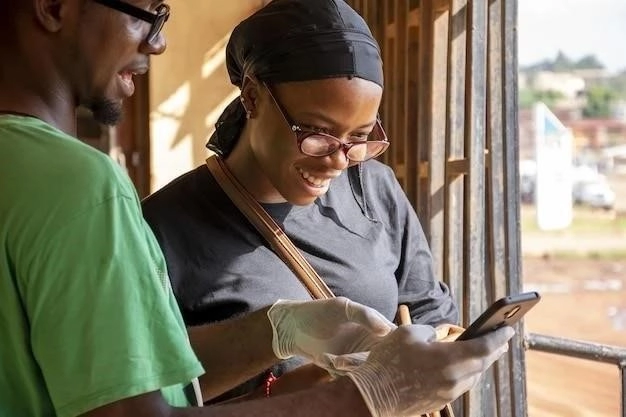
For those venturing into national parks like Virunga or Kahuzi-Biega, a variety of lodging options are available, ranging from basic campsites to comfortable lodges. Booking park accommodation in advance is highly recommended, especially during peak seasons.
Home Stays:
In some areas, it may be possible to arrange home stays with local families. This offers an unparalleled opportunity to immerse yourself in Congolese culture and experience daily life firsthand. However, it’s crucial to arrange home stays through reputable organizations or tour operators.
Important Considerations:
When choosing accommodation, it’s essential to consider safety, security, and reliability. Check reviews from previous travelers and book through trusted sources. Ensure the accommodation has essential amenities such as electricity, running water (though availability may be intermittent), and mosquito nets.
Internet and Mobile Connectivity
Staying connected while traveling in the Democratic Republic of the Congo can be unpredictable and challenging, particularly in remote areas. However, internet and mobile services are steadily improving, especially in urban centers.
Mobile Connectivity:
Mobile phone coverage is relatively widespread in major cities and towns, with several local providers offering 3G and, increasingly, 4G services. It’s generally advisable to purchase a local SIM card upon arrival for more affordable rates. Be aware that coverage can be limited or nonexistent in remote areas.
Internet Access:
Internet access is available in larger cities, with internet cafes and some hotels offering Wi-Fi. However, connection speeds can be slow and unreliable, especially during peak hours. Don’t rely on having consistent internet access, and be prepared to disconnect and embrace offline activities.
Cybersecurity:
Exercise caution when using public Wi-Fi networks, as they may not be secure. Avoid accessing sensitive personal or financial information while connected to public Wi-Fi. Consider using a virtual private network (VPN) for an extra layer of security.
Communication Apps:
Messaging apps like WhatsApp are widely used in the DRC and can be a reliable way to stay in touch with local contacts or tour operators, provided you have internet access.
Staying Informed:
It’s a good practice to download offline maps and essential travel information before arriving in areas with limited or no connectivity. Inform family or friends of your itinerary and any changes to your plans.
Money Matters
Understanding the nuances of currency exchange and financial transactions is essential for a seamless travel experience in the Democratic Republic of the Congo.
Currency:
The official currency of the DRC is the Congolese franc (CDF). However, US dollars are widely accepted, especially in major cities and tourist areas. It’s generally advisable to carry a mix of both currencies for convenience.
Currency Exchange:
Exchange rates can fluctuate, so it’s recommended to check the current rates before your trip. Banks and authorized exchange bureaus typically offer more favorable rates than hotels or informal money changers. Retain exchange receipts, as you may need them when departing the country.
Cash Transactions:
Cash is king in the DRC, as credit card acceptance is limited, primarily to upscale hotels, restaurants, and some larger stores in Kinshasa. Always carry sufficient cash for daily expenses, transportation, and smaller purchases.
ATMs:
ATMs are available in major cities like Kinshasa, Lubumbashi, and Goma, but their reliability can be unpredictable. It’s best to inquire about ATM availability and functionality at your destination before relying solely on them.
Tipping:
Tipping is customary in the DRC, particularly for services rendered in hotels, restaurants, and by tour guides. A tip of 5-10% of the bill is generally appropriate.
Bargaining:
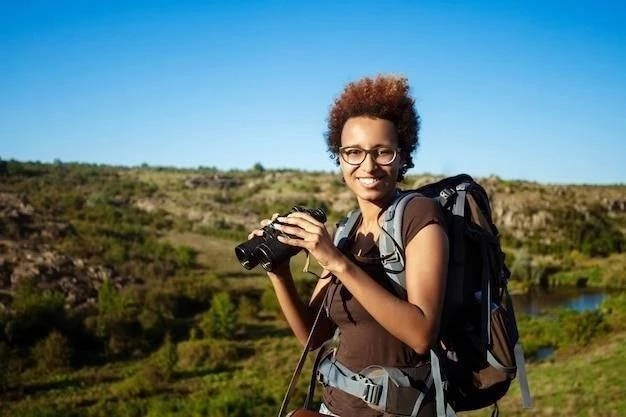
Bargaining is common in local markets and with street vendors. Be prepared to negotiate politely but firmly to secure a fair price.
Safety and Security
While the Democratic Republic of the Congo holds immense beauty and cultural richness, it’s essential to be aware of and prepared for potential safety and security challenges. Exercising vigilance and taking proactive measures can significantly mitigate risks.
Research and Stay Informed:
Prior to your trip, thoroughly research the security situation in your intended travel areas. Consult your government’s travel advisories and stay updated on any developments or potential risks. Register with your embassy or consulate upon arrival to receive timely alerts and updates.
Travel Insurance:
Ensure you have comprehensive travel insurance that covers medical emergencies, evacuation, and trip cancellation. Verify that your insurance provider is aware of your itinerary and any activities you plan to undertake.
Personal Security:
Be mindful of your surroundings and avoid displaying expensive jewelry or large amounts of cash. Travel with photocopies of important documents, such as your passport and visa, keeping originals secure. Avoid walking alone at night, especially in unfamiliar or poorly lit areas.
Transportation:
Choose reputable transportation providers and avoid traveling at night whenever possible. Be cautious of unofficial taxis or transportation offers. If using motorcycle taxis (boda-bodas), insist on helmets for both you and the driver.
Health Precautions:
Follow recommended health precautions, including vaccinations and malaria prophylaxis. Drink only bottled or boiled water and consume well-cooked food from reputable sources. Carry a well-stocked first-aid kit and any necessary medications.
Cultural Etiquette and Customs
The Democratic Republic of the Congo possesses a rich and diverse cultural tapestry. Demonstrating respect for local customs and traditions is paramount for a rewarding and meaningful travel experience.
Greetings and Respect:
Congolese culture places great importance on politeness and respect for elders. When greeting someone, a handshake is customary, often accompanied by a slight bow of the head as a sign of respect. Addressing people by their titles (such as “Monsieur” or “Madame”) followed by their last name is considered polite.
Language:
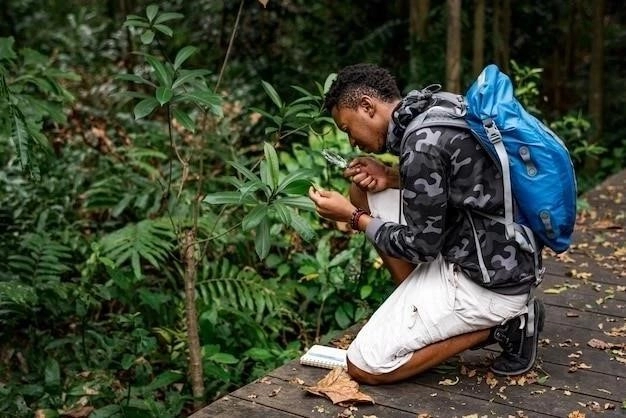
While French is the official language, numerous local languages are spoken throughout the DRC. Learning a few basic phrases in French or the local language of your destination will be greatly appreciated and demonstrate your willingness to engage with the culture.
Photography:
Always ask permission before photographing people, especially in more traditional communities. Some individuals may decline or request a small payment for photographs. Be mindful of cultural sensitivities and avoid photographing military installations or government buildings.
Dress Modestly:
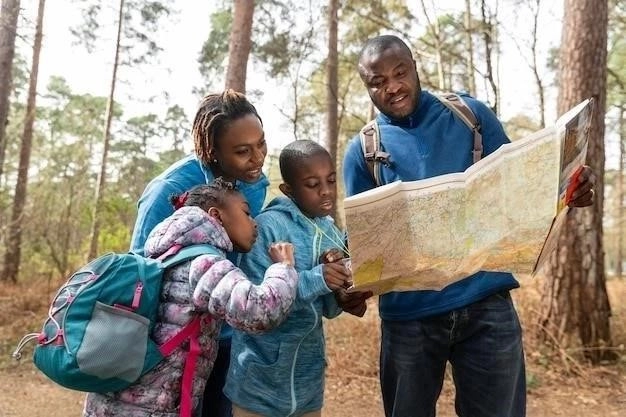
Conservative dress is generally appropriate, particularly outside of major cities. Avoid wearing revealing clothing, and women may want to carry a scarf or shawl to cover their shoulders when entering religious sites or more traditional areas.
Bargaining:
Bargaining is common in local markets, but it’s essential to approach it with a sense of humor and respect. Avoid aggressive haggling, and remember that a small difference in price can be significant for local vendors.
Things to Do
The Democratic Republic of the Congo offers a wealth of experiences for the intrepid traveler, from encounters with endangered wildlife to exploring vibrant cities and immersing oneself in the rhythm of Congolese life.
Wildlife Encounters:
- Gorilla Trekking: Embark on a life-changing journey to witness mountain gorillas in their natural habitat in Virunga National Park, a UNESCO World Heritage Site.
- Observe Bonobos: Visit the Lola ya Bonobo Sanctuary, a haven for rescued bonobos, and learn about these fascinating and endangered primates.
- Explore Garamba National Park: Discover a diverse ecosystem home to elephants, giraffes, lions, and a unique subspecies of white rhinoceros.
Natural Wonders:
- Nyiragongo Volcano: Hike to the summit of this active volcano, renowned for its stunning lava lake and panoramic views.
- Zongo Falls: Witness the power of nature at these majestic waterfalls, cascading down lush cliffs near Kinshasa.
- Congo River: Embark on a river cruise or ferry journey to experience the lifeblood of the DRC, its vast expanse, and the communities that thrive along its banks.
Cultural Experiences:
- Kinshasa: Explore the vibrant capital city, visit the National Museum, experience the lively music scene, and browse the bustling markets.
- Lubumbashi: Discover the cultural hub of southeastern DRC, known for its art scene, colonial architecture, and proximity to the Kundelungu National Park.
Gorilla Trekking
Embarking on a gorilla trekking expedition in the Democratic Republic of the Congo is an experience that transcends ordinary wildlife encounters. It’s a privilege to witness these magnificent creatures in their natural habitat, fostering a deep appreciation for their intelligence, social dynamics, and the importance of their conservation.
Virunga National Park:
Virunga National Park, a UNESCO World Heritage Site, is home to several habituated gorilla families available for trekking. Located in the eastern DRC, the park offers breathtaking volcanic landscapes, lush forests, and a remarkable diversity of wildlife.
The Trekking Experience:
Trekking permits are required and should be booked well in advance through the park authorities or reputable tour operators. The trek itself can be physically demanding, ranging from a few hours to a full day, depending on the location of the gorilla family. Experienced guides lead small groups, providing insights into gorilla behavior and the surrounding ecosystem.
Ethical Considerations:
Gorilla trekking is strictly regulated to minimize disturbance to the gorillas and their habitat. Visitors are required to maintain a safe distance, avoid flash photography, and adhere to guidelines provided by the park rangers. Supporting responsible tourism operators who prioritize gorilla conservation is crucial.
An Unforgettable Encounter:
The moment you encounter a family of gorillas in the wild is nothing short of magical. Observing their interactions, from playful juveniles to the silverback leader, creates a profound connection with these gentle giants. Gorilla trekking is a testament to the power of ecotourism and the importance of preserving our planet’s biodiversity.
Exploring Kinshasa
Kinshasa, the vibrant and bustling capital of the Democratic Republic of the Congo, pulsates with a captivating energy. As one of Africa’s largest cities, it offers a glimpse into the heart of Congolese culture, history, and daily life.
Historic Landmarks:
- National Museum of the Congo: Delve into the country’s rich history and cultural heritage through a diverse collection of artifacts, art, and traditional crafts.
- Mausoleum of Laurent-Désiré Kabila: Pay respects at the resting place of the former president, housed in an imposing structure.
- Palais de la Nation: Admire the grandeur of the presidential palace, an architectural landmark representing the seat of power.
Cultural Immersion:
- Académie des Beaux-Arts: Immerse yourself in Kinshasa’s vibrant art scene, browsing through contemporary and traditional works by local artists.
- Lola ya Bonobo Sanctuary: Take a short trip from the city to visit this renowned sanctuary, home to rescued bonobos, offering a glimpse into primate conservation efforts.
- Marché Central: Experience the sights, sounds, and smells of Kinshasa’s central market, a bustling hub of commerce where you can find everything from local produce to textiles and crafts.
Cityscapes and River Views:
- Mount Ngaliema: Ascend to this vantage point for panoramic views of the city skyline and the mighty Congo River.
- Tshanguide Promenade: Stroll along this waterfront promenade, enjoying the fresh air and views of the Congo River.
Navigating Kinshasa is best done by taxi or private car, especially after dark. Embrace the city’s infectious energy, savor the flavors of Congolese cuisine, and engage with the warmth and resilience of its people.
Cruising the Congo River
Embarking on a river cruise along the Congo River is an unparalleled way to experience the heart of Africa. The Congo, the second-longest river in Africa, flows through the heart of the Democratic Republic of the Congo, offering a glimpse into remote landscapes, diverse cultures, and the daily rhythms of life on the water.
Types of Cruises:
Several cruise operators offer itineraries ranging from a few days to several weeks, catering to different budgets and interests. Luxury cruises provide comfortable accommodations, fine dining, and guided excursions, while more rustic options offer a more immersive experience, allowing travelers to interact with local communities and witness traditional ways of life.
Highlights of a Congo River Cruise:
- Scenic Beauty: Glide through lush rainforests, vast floodplains, and past towering cliffs, witnessing breathtaking sunrises and sunsets over the water.
- Wildlife Sightings: Observe diverse birdlife, including colorful kingfishers and majestic fish eagles. Be on the lookout for hippos wallowing in the shallows and the occasional crocodile basking on the riverbanks.
- Cultural Encounters: Visit riverside villages and interact with local communities, gaining insights into their traditions, fishing techniques, and daily routines.
Practical Considerations:
River cruises typically depart from Kinshasa or Kisangani. It’s essential to choose a reputable operator with experienced guides and a focus on safety. Inquire about onboard amenities, itinerary details, and any necessary vaccinations or health precautions.
A Congo River cruise is an unforgettable adventure that combines natural beauty, cultural immersion, and a sense of exploration.
National Parks and Wildlife
The Democratic Republic of the Congo is a biodiversity hotspot, home to an astonishing array of wildlife and some of the most important protected areas in Africa. Exploring its national parks is a journey into the heart of the continent’s natural wonders.
Virunga National Park:
A UNESCO World Heritage Site, Virunga is renowned for its mountain gorillas, active volcanoes, and diverse landscapes, ranging from lush forests to glaciers. Trekking to observe gorillas in their natural habitat is a life-changing experience.
Kahuzi-Biega National Park:
Home to the eastern lowland gorillas, Kahuzi-Biega also protects a rich diversity of primate species, including chimpanzees and colobus monkeys. The park’s dense forests and mountainous terrain offer challenging yet rewarding trekking opportunities.
Garamba National Park:
Located in the northeastern DRC, Garamba is known for its large mammal populations, including elephants, giraffes, lions, and the critically endangered northern white rhinoceros. The park’s vast savannas and woodlands provide a glimpse into a unique ecosystem.
Salonga National Park:
Africa’s largest rainforest reserve, Salonga is a remote and pristine wilderness teeming with biodiversity. Navigable by river, it’s home to forest elephants, bongos, okapi, and a variety of primate species.
Visiting these national parks often requires careful planning and logistics, including obtaining permits and arranging transportation. Supporting responsible tourism operators who prioritize conservation and community development is essential.
Art and Culture
The Democratic Republic of the Congo possesses a vibrant and influential art and culture scene, shaped by its rich history, diverse ethnic groups, and dynamic urban centers.
Contemporary Art:
Kinshasa is a hub for contemporary African art, with a thriving scene of talented painters, sculptors, and mixed-media artists. Galleries and artist studios showcase a range of styles, from vibrant abstract works to thought-provoking social commentary.
Traditional Crafts:
Throughout the DRC, skilled artisans create exquisite traditional crafts, reflecting the country’s cultural heritage. Look for intricate wood carvings, colorful textiles, woven baskets, and masks used in ceremonial dances.
Music and Dance:
Congolese music is renowned for its infectious rhythms and energetic dance styles. Soukous, a vibrant genre that originated in the DRC, has gained international acclaim. Attend a live music performance or festival to experience the power and passion of Congolese music and dance.
Literature:
The DRC has a rich literary tradition, with renowned authors exploring themes of colonialism, identity, and social justice. Seek out works by Congolese authors to gain insights into the country’s history and contemporary realities.
Cultural Etiquette:
When engaging with Congolese art and culture, it’s essential to approach with respect and sensitivity. Ask permission before photographing artists or their work, and be mindful of cultural protocols when attending performances or visiting sacred sites.
Food and Drink
Exploring the culinary landscape of the Democratic Republic of the Congo is an adventure for the palate. Influenced by indigenous ingredients, regional variations, and colonial history, Congolese cuisine offers a delightful fusion of flavors and textures.
Staple Foods:
Cassava and plantains form the foundation of many Congolese dishes, often accompanied by stews, soups, and grilled meats. Fufu, a dough-like accompaniment made from cassava or plantains, is a staple throughout the country.
Regional Specialties:
- Liboke de Poisson: A flavorful fish stew cooked in banana leaves, seasoned with herbs, spices, and often peanuts or palm nuts.
- Poulet Moambe: Chicken simmered in a rich sauce made with palm butter (moambe), onions, tomatoes, and spices, often served with rice or fufu.
- Chingwangwe: A spicy stew made with smoked fish, cassava leaves, and a blend of herbs and spices.
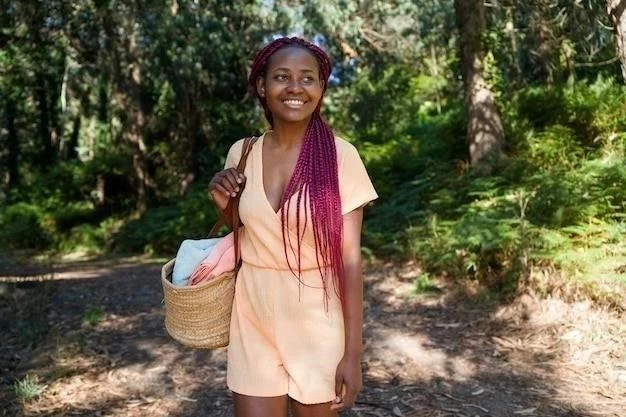
Fruits and Vegetables:
The DRC is abundant in tropical fruits, including mangoes, pineapples, bananas, and papayas. Sample fresh fruit juices or enjoy them as a refreshing dessert.
Beverages:
Bottled water is widely available and recommended. Locally brewed beers, such as Primus and Tembo, are popular choices. Palm wine, a traditional alcoholic beverage, is also common in some areas.
When dining out, it’s customary to be patient, as service may be relaxed. Embrace the communal dining experience, often involving sharing large platters of food with family and friends.
Responsible Travel
Traveling responsibly in the Democratic Republic of the Congo means approaching this remarkable country with respect for its people, culture, and environment. By making conscious choices, you can contribute positively to local communities and minimize your impact.
Supporting Local Communities:
- Choose Local Businesses: Opt for locally owned accommodations, restaurants, and tour operators, ensuring that your tourist dollars directly benefit Congolese communities.
- Purchase Authentic Crafts: Support local artisans by purchasing handcrafted souvenirs directly from markets or reputable shops.
- Respect Cultural Norms: Dress modestly, ask permission before taking photographs of people, and learn basic greetings in French or local languages to show respect.
Environmental Conservation:
- Minimize Plastic Waste: Carry a reusable water bottle, refuse single-use plastics, and dispose of waste responsibly.
- Support Conservation Efforts: Choose tour operators and lodges that prioritize sustainable practices and contribute to wildlife conservation initiatives.
- Respect Wildlife and Habitats: Maintain a safe distance from animals, avoid disturbing their natural behavior, and follow guidelines provided by park rangers.
Ethical Considerations:
- Choose Ethical Tour Operators: Research and select operators committed to fair labor practices, community partnerships, and minimizing their environmental footprint.
- Be Mindful of Photography: Always ask permission before photographing people, especially in more traditional communities. Respect individuals’ privacy and cultural sensitivities.



